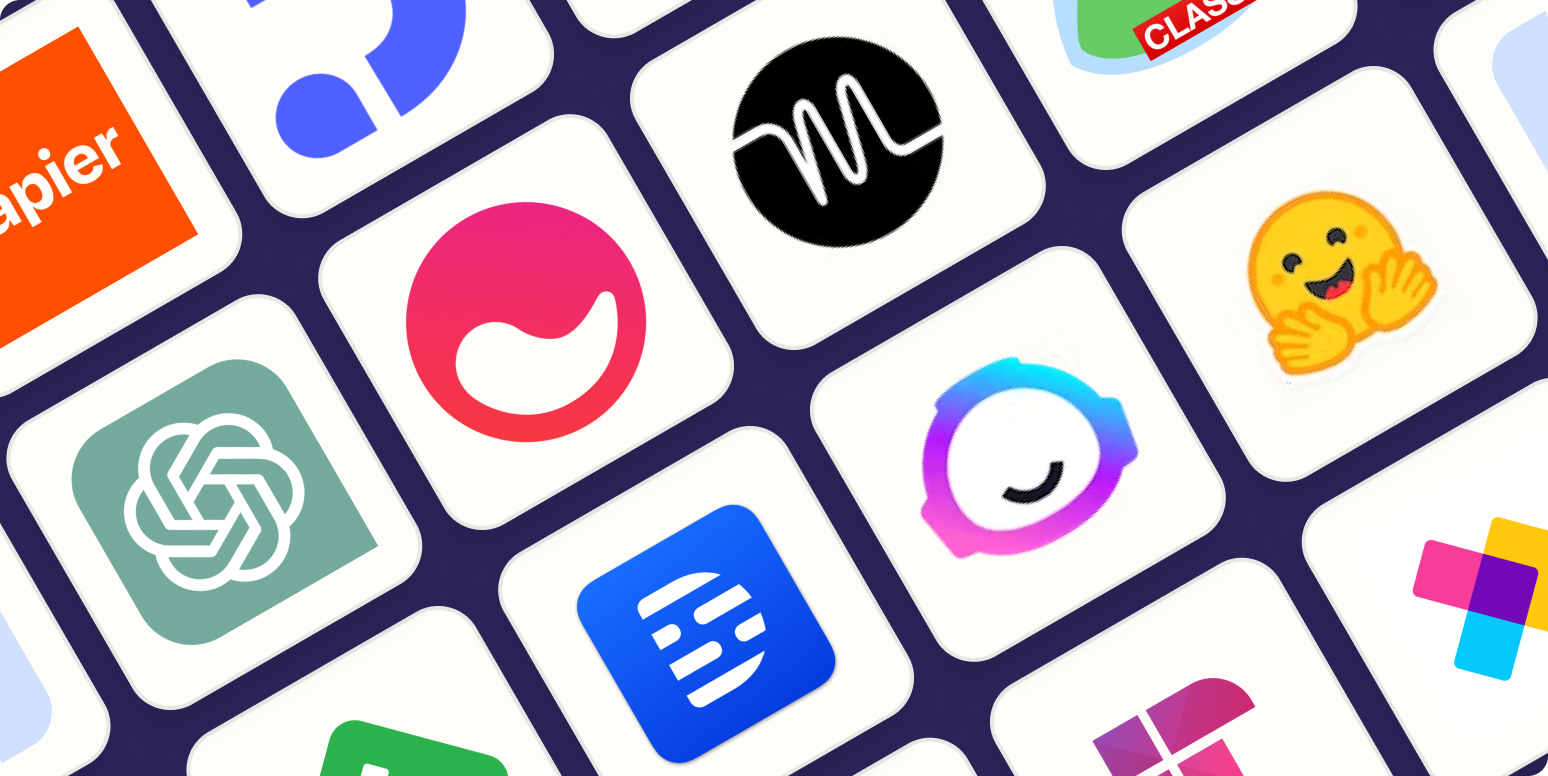
How AI Personal Assistants Are Changing Daily Life the world of technology has taken a giant leap forward with the rise of AI for personal assistants, fundamentally changing how we manage our daily lives. These digital helpers have become essential, transforming everything from how we organize our schedules to how we interact with our homes and workplaces. Today, AI personal assistants are not just about setting reminders or answering simple queries; they have evolved into sophisticated, intuitive systems that anticipate our needs and adapt to our preferences.

The Rise of AI Personal Assistants
Artificial intelligence has reshaped the landscape of personal assistance. Unlike traditional digital tools, AI for personal assistants uses machine learning, natural language processing, and advanced data analytics to understand context, learn user behaviors, and provide personalized support. As a result, this evolution has made personal assistants like Siri, Alexa, and Google Assistant household names, seamlessly integrating technology into our daily routines.
From Reactive to Proactive Support
Initially, digital assistants were largely reactive, responding only to direct commands. However, with recent advancements, AI for personal assistants has shifted towards a more proactive approach, anticipating user needs and offering solutions without prompting. For instance, your AI assistant might remind you to leave for a meeting based on current traffic conditions or suggest adding an umbrella to your bag if rain is expected. This proactive assistance has become a game-changer for busy professionals and multitaskers.
Moreover, these assistants are now capable of anticipating changes in your routine. For example, if you regularly meet with a client on Tuesdays at 10 AM, your assistant will know to automatically schedule your next meeting with the same client without you needing to make the request again. This level of foresight saves time and reduces the mental load of planning.
Voice Recognition and Natural Language Processing
One of the key advancements driving this transformation is natural language processing (NLP). NLP allows AI for personal assistants to interpret human speech more accurately, making conversations with machines feel more natural. This capability has been crucial in making these tools widely accessible, from smart speakers to mobile devices.
For instance, Amazon’s Alexa uses advanced NLP algorithms to understand user intent even when commands are phrased differently. This flexibility is critical for creating a seamless user experience, as it allows people to communicate with their devices as they would with another person. As a result, people are more likely to trust these systems and incorporate them into their everyday routines.
Everyday Applications of AI Personal Assistants
1. Personal Organization and Time Management
For many, the primary appeal of AI for personal assistants lies in their ability to streamline daily tasks. These systems can set reminders, manage calendars, send messages, and even draft emails. With tools like Apple’s Siri and Google Assistant, users can quickly check their schedules, receive automated meeting reminders, and adjust appointments without touching their devices.
In addition, by integrating with other apps, these assistants can suggest optimal times for meetings, send follow-up emails, or remind users of upcoming deadlines. This holistic approach reduces the need for multiple tools, consolidating everything into one convenient platform. As a result, users can stay focused on their tasks without worrying about missing important deadlines or commitments.
2. Smart Home Integration
AI assistants have also become the backbone of smart home ecosystems. Devices like Amazon Echo and Google Nest act as command centers, connecting various smart devices like thermostats, lights, security cameras, and even refrigerators. With a simple voice command, you can adjust the thermostat, lock the doors, or dim the lights, creating a fully automated living environment.
Furthermore, AI assistants can learn from your daily habits to make smart recommendations. For example, if you consistently turn on your lights at 7 PM, your assistant will automatically do so, saving you time and effort. As a result, the user experience becomes more intuitive, creating a seamless, smart home that adapts to your lifestyle.
3. Entertainment and Media Control
Entertainment is another area where AI for personal assistants shines. From playing your favorite songs to recommending new shows based on your viewing history, these assistants have become integral to home entertainment systems. They can even control smart TVs, play podcasts, and sync with streaming services, turning your living room into a personalized media hub.
In addition, these assistants help reduce decision fatigue by offering personalized suggestions. Whether you want to watch a movie, listen to music, or learn something new, your assistant is equipped to provide tailored recommendations, ensuring that you always have the perfect option at your fingertips. This can lead to a more enjoyable and effortless entertainment experience.
4. Personalized Health and Fitness
With the integration of wearables and health apps, AI assistants can now monitor physical activity, track calories, and even suggest personalized workout plans. Apple’s Siri, for instance, can provide fitness insights based on data from the Apple Watch, helping users stay on top of their health goals. Over time, these assistants learn your preferences and goals, allowing them to fine-tune their recommendations to better suit your needs.
Moreover, AI assistants can encourage healthier habits by tracking your water intake, reminding you to take breaks, or even providing meditation prompts. In this way, they serve as a constant companion, ensuring that your wellness journey remains on track without feeling overwhelming.
5. Shopping and E-Commerce
Voice-activated shopping is another growing trend. Platforms like Amazon’s Alexa allow users to add items to their shopping carts, reorder essentials, and even track deliveries with just a few spoken words. This hands-free shopping experience has redefined convenience, making it easier for users to stay on top of their daily needs.
Not only does this technology save time, but it also enhances the customer experience by enabling users to make purchases while they’re doing other tasks. For instance, while preparing dinner, you can ask your assistant to add more groceries to your shopping list or reorder a specific item. This integration of voice shopping into daily life reflects the growing importance of AI in consumer habits.
The Future of AI Personal Assistants
Enhanced Personalization Through AI
As AI for personal assistants continues to evolve, personalization will become even more refined. Future assistants will not just respond to commands but anticipate needs based on past behaviors, context, and even emotional cues. For example, an AI assistant might suggest stress-relief exercises if it detects a higher-than-usual number of stressful emails in your inbox.
This level of personalization will make these tools even more indispensable in daily life. In fact, AI will soon be able to predict a person’s needs before they even realize it, further increasing efficiency and convenience. Over time, this technology will become even more ingrained in people’s lives, anticipating needs in ways that are almost invisible.
Integration with Emerging Technologies
The integration of AI with augmented reality (AR) and virtual reality (VR) is also on the horizon. Imagine a personal assistant that can project 3D holograms of your work calendar or provide real-time translation during international video calls. These advancements will push the boundaries of what personal assistants can achieve.
Moreover, as the Internet of Things (IoT) continues to grow, AI for personal assistants will be able to control an even broader range of devices, from refrigerators to washing machines. This expanded functionality will further enhance the smart home experience, making it easier than ever to manage everyday tasks.
Privacy and Security Challenges
Despite their many benefits, AI for personal assistants also raises significant privacy concerns. As these systems collect vast amounts of personal data, ensuring user privacy and data security will be a critical focus for developers. Innovations in encryption, anonymization, and decentralized data storage will be essential in maintaining user trust.
Additionally, as AI personal assistants become more integrated into daily life, it will be important to develop clear guidelines for data usage and ethical AI practices. Balancing convenience with privacy will be one of the biggest challenges in the future of AI technology.
The impact of AI for personal assistants on daily life is profound and far-reaching. From managing household chores to providing personalized health insights, these tools are transforming how we interact with technology. As AI continues to advance, the potential for these digital helpers to simplify and enhance our lives will only grow, making them indispensable companions in our fast-paced world.
With further advancements, AI assistants will become even more intuitive, seamlessly integrating into the fabric of our lives and transforming how we approach work, leisure, and personal health. The future is bright, and it’s clear that AI personal assistants are here to stay.






